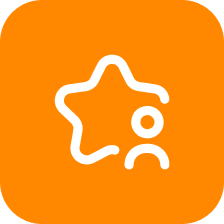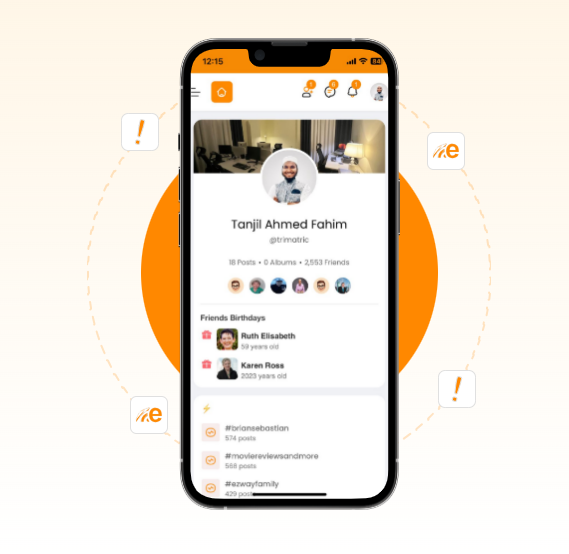Mindset Hacks ‒ Get Unstuck And Propel Forward ‒ Practical Neuro Tips To Help You End The Blues
Written by: Fanny Elizaga, Executive Contributor
Executive Contributors at Brainz Magazine are handpicked and invited to contribute because of their knowledge and valuable insight within their area of expertise.
How does it feel to be stuck? Nothing gets your heart pumping. You no longer look forward to things. You just feel blah. If you’ve ever been there, you know how unpleasant it can be. Despite your best efforts, you can’t break out of your funk. Take heart: You are not the only one.
Why Do You Feel Stuck?
You may hold subconscious fears, which drive your behavior and hold you back. You may have disempowering beliefs that you grew up with. You may have built up a resistance to positive change. Or, you may have internal conflict. Your actions and values misalign. Psychologists call this cognitive dissonance.
So How Do You Snap Out It?
Neuroscience has some answers. Many of them involve waking up the motivation ***network of your brain. Try these simple NeuroTips.
1. Dance Mindfully!
I am partial to this one because I have been a ballroom dancer for almost 20 years. Moving to music can be magical, especially if you do it mindfully. Here’s how:
-
Yawn mindfully three times. Stretch slowly.
-
Put on your favourite music.
-
Move. Be present to your bodily sensations.
-
Pause and notice what you feel. Are you holding tension? What is your breath doing? What is your emotional state?
-
Continue to move in any way that feels good — but do it mindfully! Why?
2. Use Pleasure
Your brain is a pleasure-driven system, so do as many pleasurable activities as possible.
-
Give yourself a massage. Stroke your body with nurturing touch. Discover what feels good.
-
Savour simple, pleasurable experiences. Smell the roses. Bring to mind a happy memory of someone you love. Or dance mindfully. Do that once an hour.
Why? When your brain anticipates pleasure, it releases dopamine, which motivates you to take interest in the world.
3. Be Curious
The brain delights in novelty. New experiences wake up your motivation network. The anticipation of something new gives you a rush of dopamine.
-
Activate your inner (curious) explorer and encourage playfulness. Just make sure you are centered, in a relaxed state and chose a pleasurable activity.
-
Be playful: dance or move while holding your pet or child, or do something goofy: laugh for 20 seconds, even if you have to fake it. You might feel silly doing this, but this lowers stress and anxiety and improves the overall mood for several hours, as documented in two peer-reviewed journal articles.
-
Make a Passion Board: write down 10 things you believe would bring you great meaning, purpose and joy in your life. Circle the top 3, and decide which one you can begin to pursue. The mere act of thinking about those 10 things will give you a rush of dopamine. Savor the excitement and anticipation of this experience.
Stay curious. This post was mindfully crafted by Fanny Elizaga, OTR/L, certified Neuro-Coach, and mindfulness trainer. To learn more about brain networks, please refer to my earlier article.

Fanny Elizaga, Executive Contributor Brainz Magazine
Fanny Elizaga is an occupational therapist, certified Neuro-Coach, and trauma-informed mindfulness trainer. Over the years, she has embraced her passion for learning and applying holistic modalities for mind-body healing in her personal and professional life. Fanny is also a Reiki master practitioner and certified instructor in the art of Qi-Gong. Fanny inspires, empowers, and educates her clients by teaching brain-enhancing tools for self-improvement, expanding out of their comfort zone, and thriving. Fanny is also the founder and trainer of Neuro-Wellness Academy; she is genuinely passionate about creating content and courses based on practical brain science – for wellness, resilience, personal transformation.
Resources:
-
The Neuroscience of Growth Mindset and Intrinsic Motivation National Institute of Education, Nanyang Technological University, 1 Nanyang Walk, Singapore 637616, Singapore Brain Sci. 2018, 8(2), 20; https://doi.org/10.3390/brainsci8020020


































